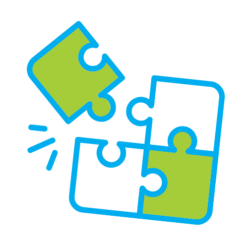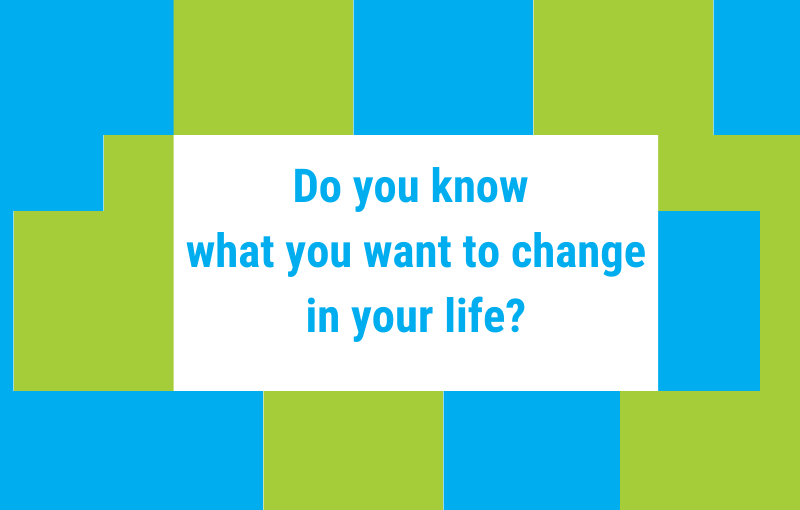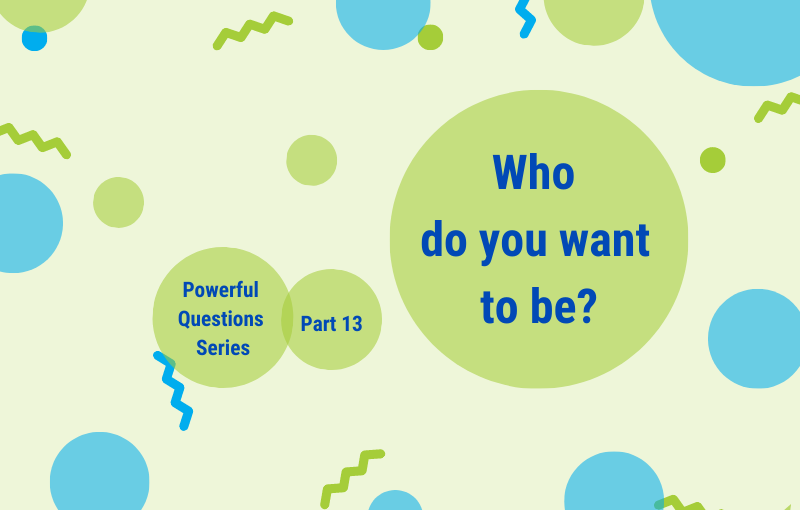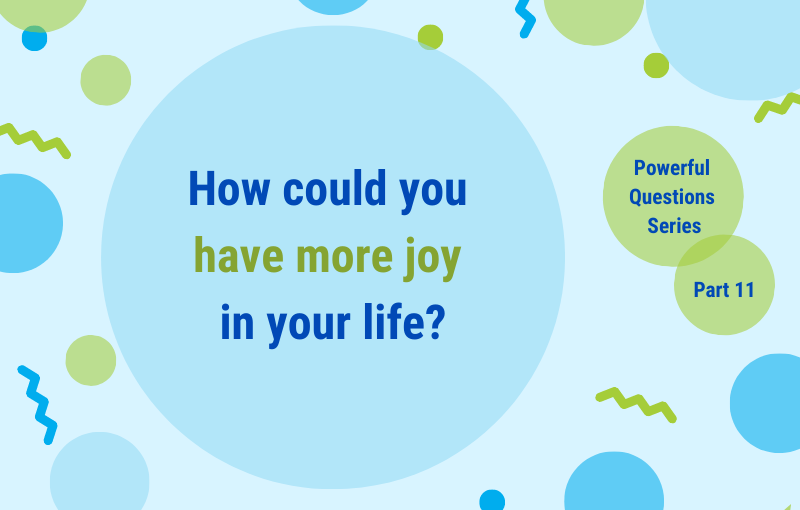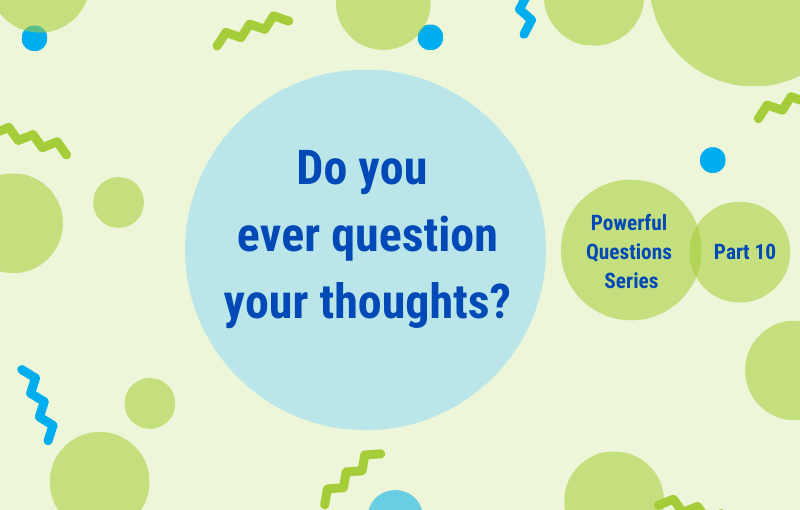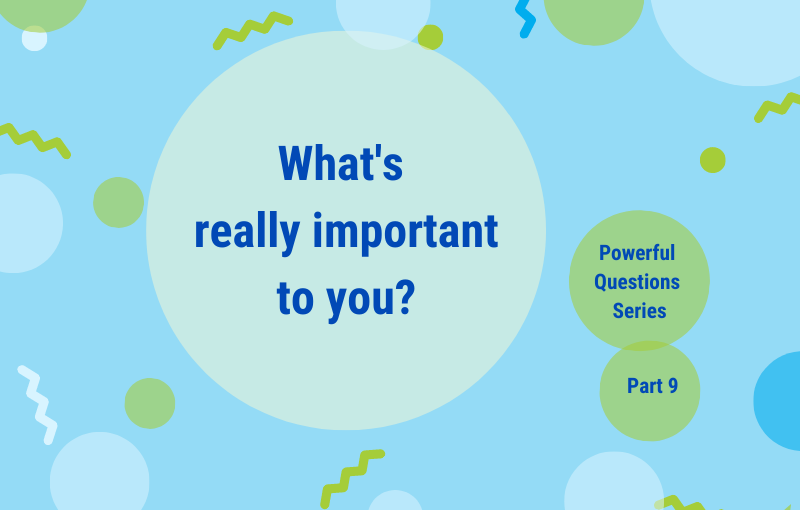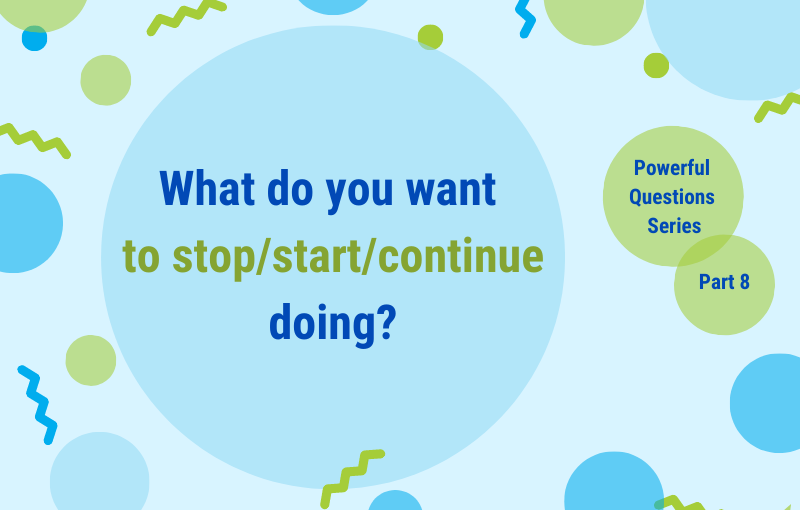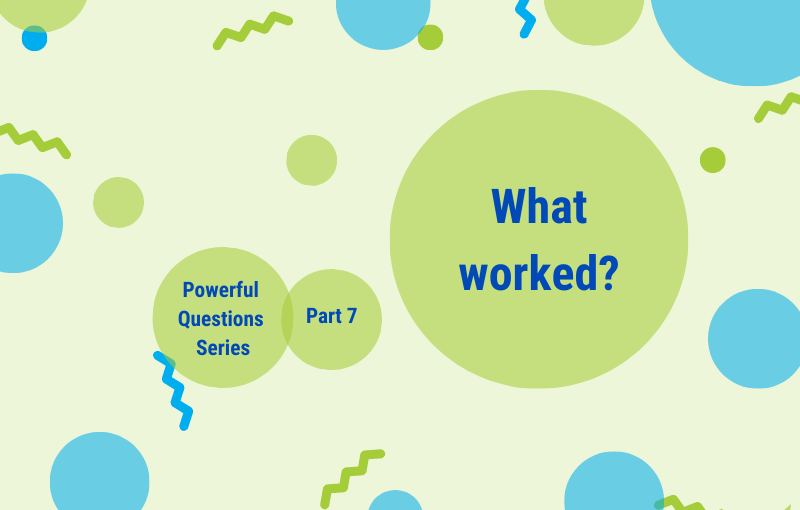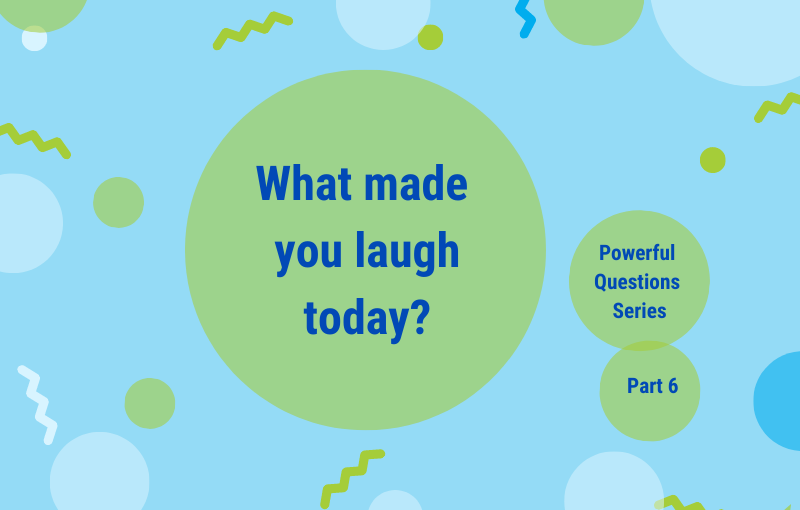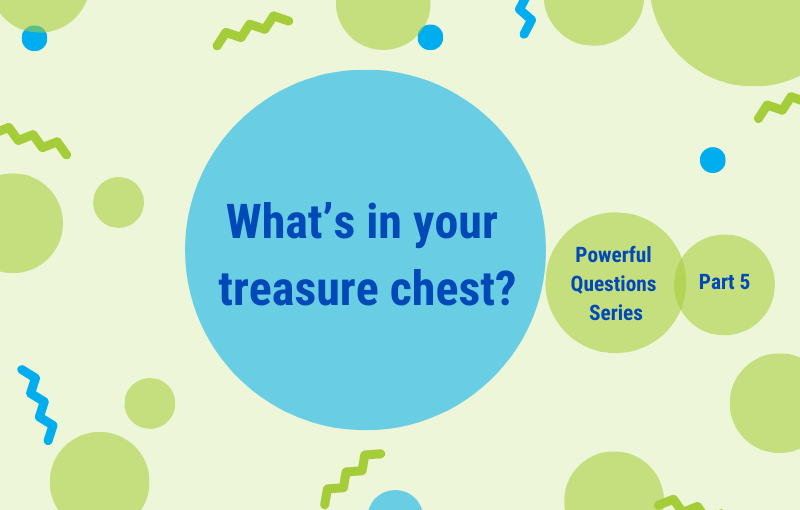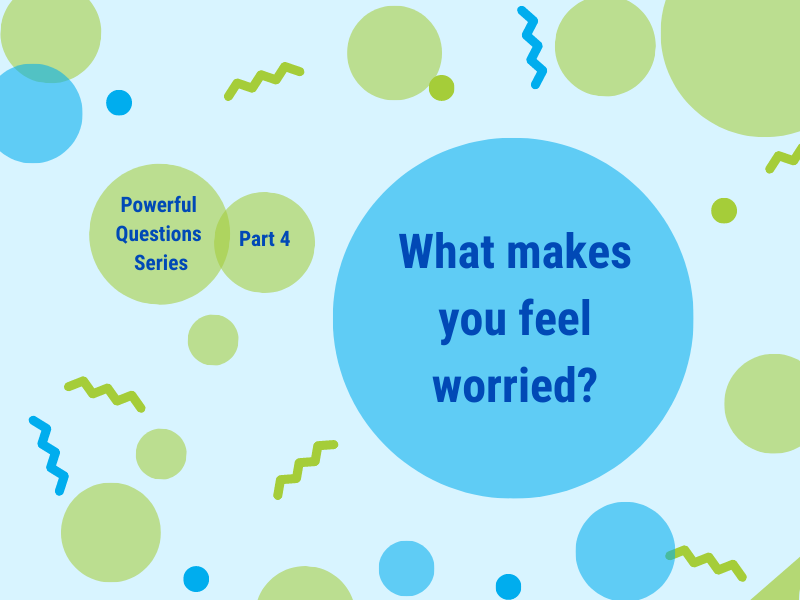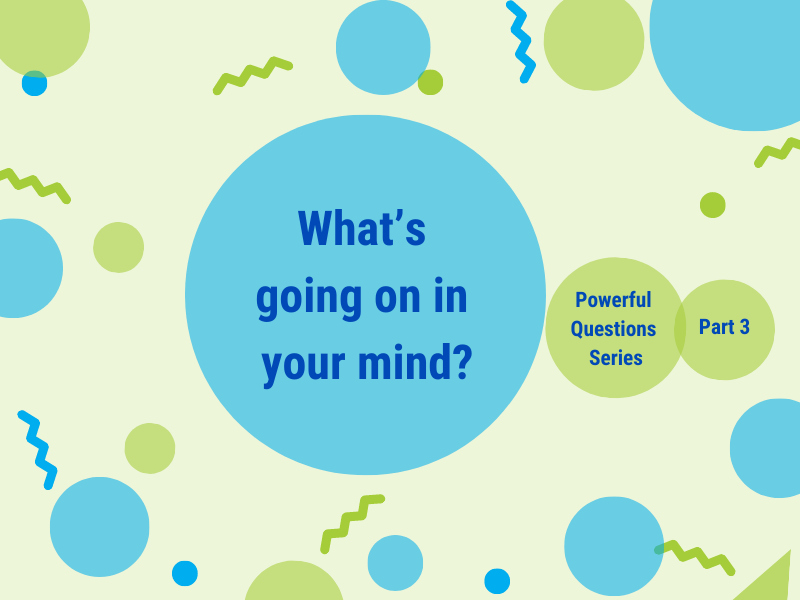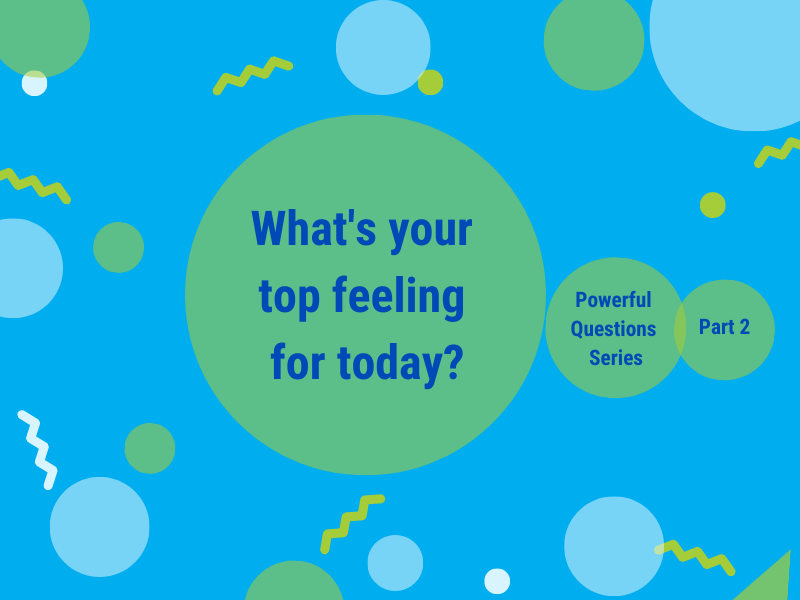Life changes and the importance of asking powerful questions
If we want to make changes in our life, in any area of our life, we need to change our daily life. And ourselves!
We need to think and behave differently, repeatedly, and consistently. We need to form new thought patterns and behaviour habits.
But do you know exactly what you want to change?
And why?
And what the outcomes are that you want to achieve? And why?
And what the specific thought and behaviour habits are that you need to implement to realise the desired change?
The best starting point for any intentional change in our life is to ask ourselves some challenging questions – and answer them!
Questions like these:
-
- If my life was ‘perfect’, if it was 100% as I want it to be – what would be different compared to what it is right now?
- What would have to change in the various areas of my life before I could call them ‘ideal’?
- How would the ‘perfect’ version of myself be different and behave differently compared to the person I currently am?
- And – very important – why would the desired versions of my life and of myself be better than the current versions?
- How am I going to think, feel, and act differently in future? What will I think about myself? What will I feel? What will I do differently?
What’s the purpose of asking challenging questions?
The purpose of this type of questions is not, of course, to make us feel disappointed, incapable, or frustrated – if right now we are at a place that’s far from ‘perfect’.
The purpose is also not to create feelings of shame, regret, missing out – because we haven’t yet managed to get where we want to be.
The only purpose of asking ourselves questions like those above is to help us gain awareness:
Our answers help us understand better
-
- what’s going on in our mind and heart,
- what’s really important to us,
- what our dreams and aspirations are and
- why we have them.
The increased awareness is often all we need to feel motivated and get active.
As soon as we can clearly describe the differences between our present life and our ideal life, we can start to develop ideas about what we want to change, and how we wish to show up and behave differently in future.
What do you think about the questions listed above?
Do you feel like spending some time with them, using them to explore the current state of your life? And to design a clear idea of your desired future?
Do it now – and then you can use the increased awareness to change what needs to get changed in your life:
The thought patterns and behaviour habits that currently keep you from living the life you want.
